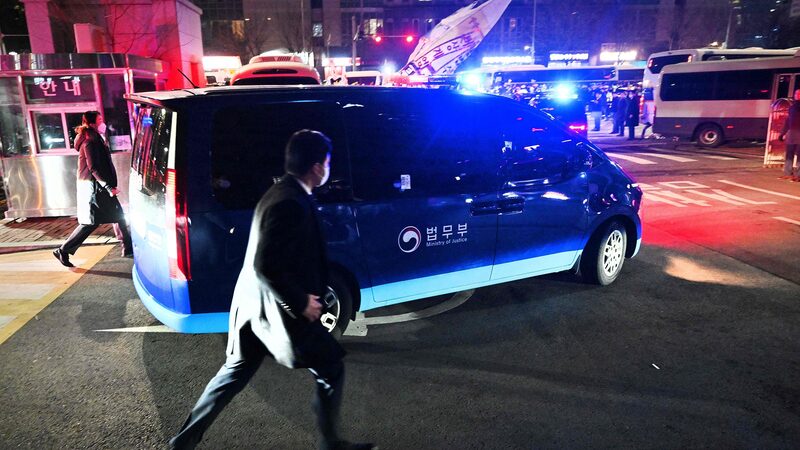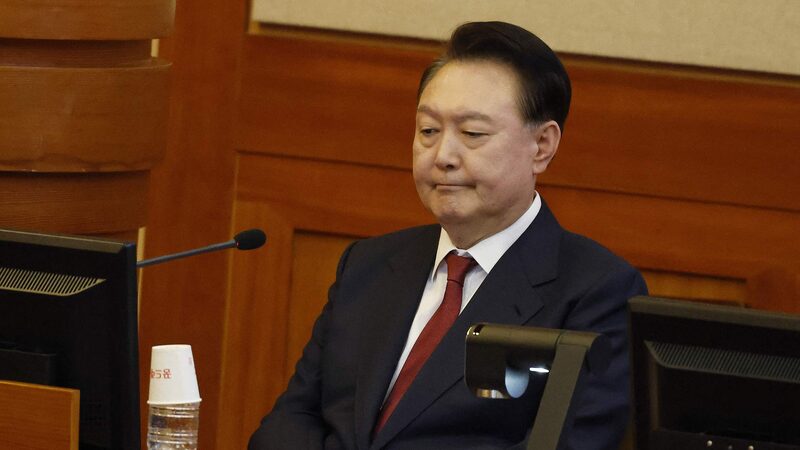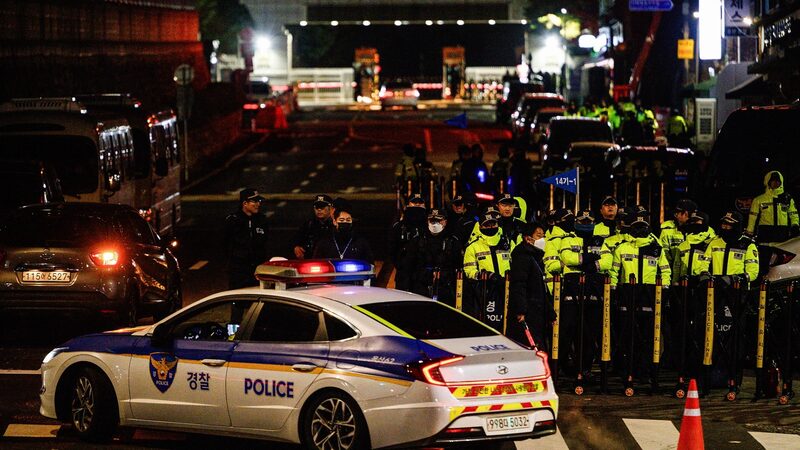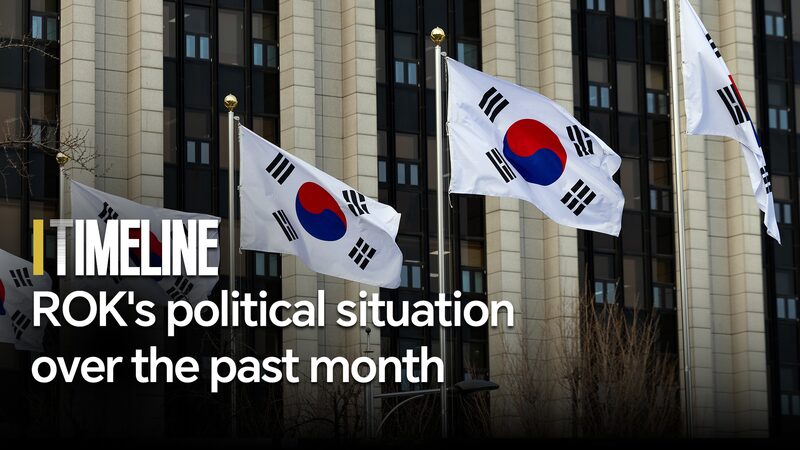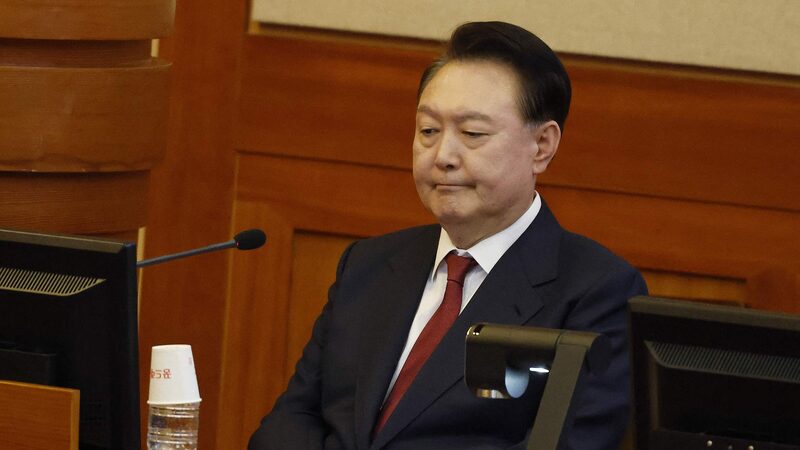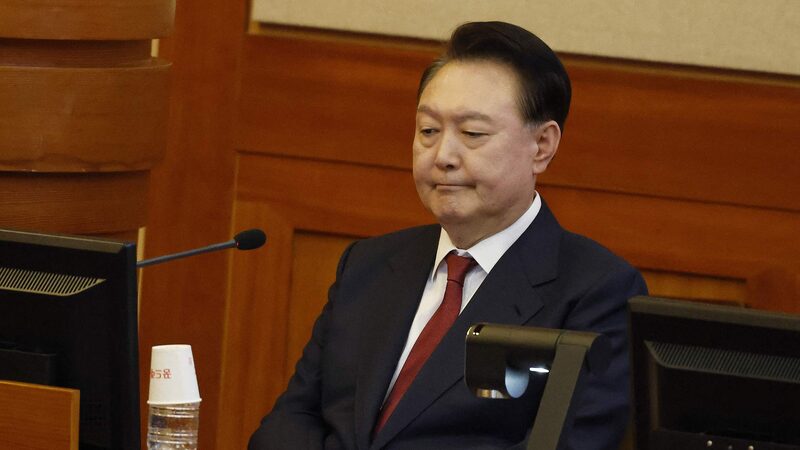In a significant development in South Korean politics, prosecutors have indicted the nation’s defense intelligence commander for his involvement in a failed attempt to declare martial law amid the impeachment proceedings against former President Yoon Suk-yeol.
According to Yonhap News Agency on Monday, the indictment centers around events that unfolded on December 3, when the defense intelligence chief allegedly conspired to impose martial law to suppress growing dissent and maintain control during the political turmoil that ensued following President Yoon’s impeachment.
The prosecutors claim that the defense intelligence commander played a pivotal role in drafting and promoting the martial law plan, which was ultimately not executed. The move has raised serious concerns about the potential abuse of military power in dealing with civilian political matters in the Republic of Korea.
Former President Yoon Suk-yeol was impeached earlier this year over charges of corruption and abuse of power, leading to widespread protests and political instability. The alleged martial law bid was reportedly an effort to quell the unrest and maintain governmental authority during this turbulent period.
The indictment of the defense intelligence chief marks a crucial step in the ongoing investigations into the extent of military involvement in political affairs. Legal experts suggest that this case could have significant implications for civil-military relations and the safeguarding of democratic processes in South Korea.
Public reaction has been mixed, with some expressing relief that the martial law attempt was thwarted, while others are calling for comprehensive reforms to prevent future military interference in politics. The government has yet to issue an official statement regarding the indictment.
As the legal proceedings unfold, the nation watches closely, reflecting on the fragility of democratic institutions and the importance of upholding the rule of law in the face of political challenges.
Reference(s):
S. Korea defense intelligence commander indicted over martial law bid
cgtn.com
